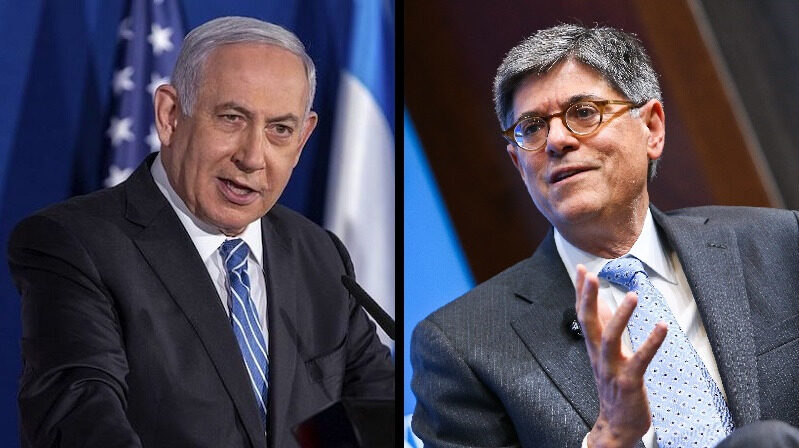Netanyahu Firm on ‘Total Victory’ Strategy in Gaza, US Envoy Rules Out Militarized Palestinian State
Israeli Prime Minister Benjamin Netanyahu, in a fervent address to American Jewish leaders in Jerusalem on Sunday, staunchly defended the Israeli military’s operations in Gaza, asserting the nation’s determination to “finish the job” in the war against Hamas. Speaking at the annual gathering of the Conference of Presidents of Major American Jewish Organizations, Netanyahu vehemently refuted accusations from international figures, including South Africa and Brazil’s President Luiz Inácio Lula da Silva, who charged Israel with committing genocide in Gaza. Netanyahu particularly criticized Lula for equating Israel’s actions with Nazi atrocities, a comparison he deemed disgraceful. “He should be ashamed of himself,” Netanyahu said of Lula’s comparison.
Netanyahu’s rebuttal comes as Israel faces global condemnation over the humanitarian impact of its military campaign in Gaza. Despite the growing death toll and dire living conditions for Gaza’s residents, Netanyahu insisted that the Israeli Defense Forces (IDF) had undertaken extraordinary measures to safeguard civilian lives—efforts he claims surpass those of any other military. The prime minister emphasized a commitment to achieving “total victory” over Hamas, which includes securing the release of hostages currently held by the terrorist group.
This holiday season, give to:
Truth and understanding
The Media Line's intrepid correspondents are in Israel, Gaza, Lebanon, Syria and Pakistan providing first-person reporting.
They all said they cover it.
We see it.
We report with just one agenda: the truth.


The backdrop to Netanyahu’s staunch defense of Israeli military tactics includes widespread international debate over the conflict’s handling, particularly concerning civilian casualties and the humanitarian situation in Gaza. Israel accuses Hamas of embedding its military infrastructure within civilian areas, complicating efforts to target militants without affecting the broader population. The war has intensified scrutiny of Israel’s strategies and raised questions about the balance between military objectives and civilian protection.
In his speech, Netanyahu also underscored the solidarity between Israel and the United States, expressing gratitude toward President Joe Biden for his ongoing support throughout the conflict. This acknowledgment highlights the strategic partnership between the two nations, despite differences over the approach to the Palestinian issue and the humanitarian crisis in Gaza.
US Ambassador Jack Lew, addressing the conference before Netanyahu, sought to temper concerns about potential unilateral US recognition of a Palestinian state. Instead, Lew advocated for a negotiated solution leading to a demilitarized Palestinian state, hinting at the possibility of normalization and negotiation efforts with Saudi Arabia as a pathway forward. ” Israel will have to make that choice,” the US envoy said. He emphasized that any future solution must prioritize Israel’s security and categorically ruled out the establishment of a militarized Palestinian state.
Lew also addressed the critical humanitarian situation in Gaza, acknowledging the US’s role in advocating for increased aid to the territory. He framed this push for humanitarian assistance as both a moral obligation and a strategic imperative, reflecting the complex interplay of diplomacy, security concerns, and humanitarian values at the heart of the US-Israel relationship.

